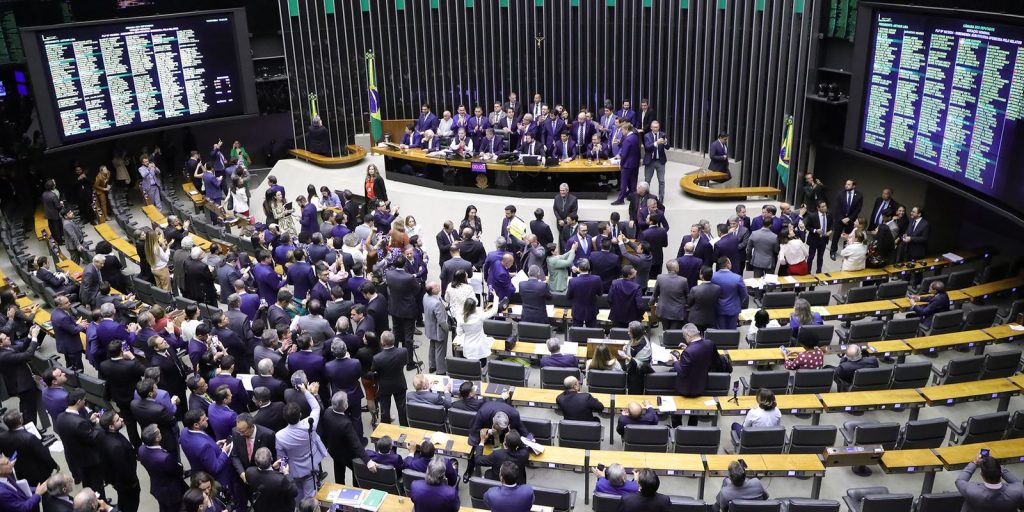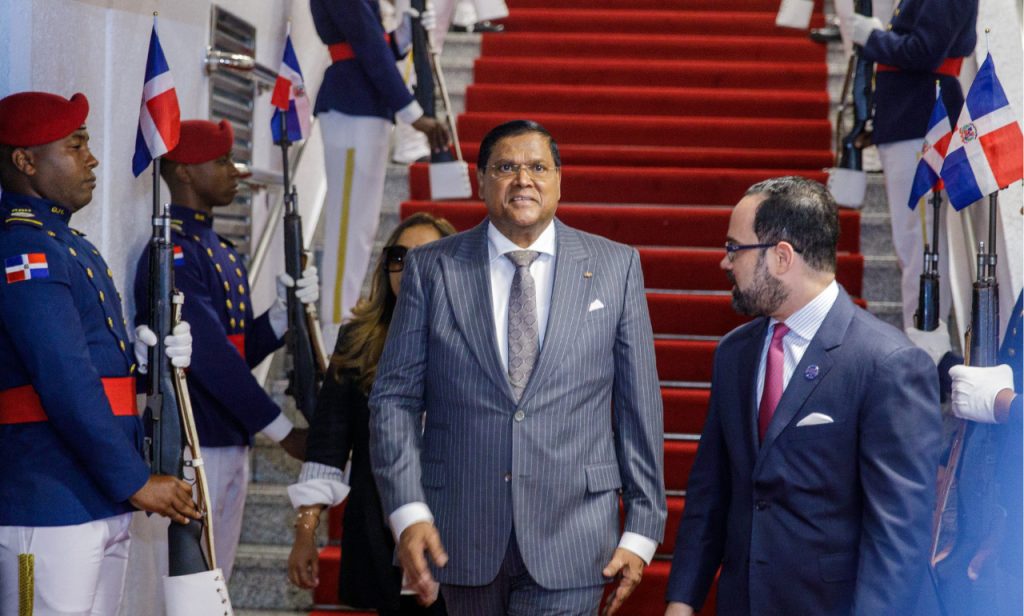Banks and financial institutions launch the second stage of the program to refinance Uruguayan debts
The second stage of the “Voluntary Debt Restructuring Program” by banking institutions and credit administrators has been enabled since Tuesday, August 12, which will include a telephone number and WhatsApp to allow users to start the process.
The program, which was launched online on July 11, seeks to facilitate the regularization of the credit situation of debtors who have shown greater difficulties in paying their debts.
The Central Bank (BCU) and the Consumer Protection Unit of the Ministry of Economy and Finance collaborated in the coordination of this initiative promoted by the financial industry.
This work includes a thorough analysis of the situation of the most vulnerable debtors by the financial industry, and proposes solutions that respect the current legal order and the appropriate balance of risks in the financial system.
WHO CAN ACCESS?
Those people who have a debt of less than $100,000 in each of the institutions that adhere to this program, and who have been in Category 5 (debtors considered “uncollectible” in the Credit Risk Center administered by the BCU as of April 30, 2022, and have remained in the same situation as of May 2024) can access the program. Debtors who are in the same uncollectible and seniority conditions in those institutions that do not report to the BCU are also included.
In the case of debtors with an outstanding principal balance of less than $5,000, institutions will waive the right to collect these debts, without the debtor having to carry out any procedure.
Capital debts of up to $100,000 with each institution may be refinanced in installments without any capital update, interest, penalties or surcharges.
So far, the institutions have cancelled 109,000 debts belonging to 100,000 people (i.e. they no longer owe anything), while 46,000 users have restructured 64,000 debts.
SECOND STAGE
In this second stage of the program, those who have debts in more than one institution will have the possibility of accessing a greater number of installments, depending on the amount owed, reaching up to 48 payments.
In addition, the debt solution page will include the possibility for the debtor to enter an estimated date for making the first payment, and may request a payment letter once the debt has been paid.
Initially, ANDA, Banco BBVA, Banco República, Banque Heritage, CASH, CREDISOL, CREDITEL, Crédito de la Casa, Crédito Naranja, Crédito Uruguayo, Crédito Valor, Crediton, FUCAC Verde, HSBC Bank, Banco Itaú, OCA, ¡Pronto!, República Microfinanzas, Banco Santander, Scotiabank, and Volvé joined this program. Last Monday, ACAC joined the program, and more institutions are expected to join.
Companies specializing in the collection of bad debt portfolios have also joined: Mercurius, Fabraler and Viemventura, who entered under the same terms, the only difference being that the debts that are cancelled are those with a capital balance of less than $1,000.
The Association of Private Banks (ABPU) and the National Association of Credit Management Companies (ANEAC), who jointly manage the operations and implement the terms of the agreement, have issued an open call to all companies that wish to join the program.
HOW TO START THE PROCEDURE?
The process to restructure debts can be started online at soluciondeuda.com.uy. In addition, Antel will provide the number 2902 2024 for contact by phone from Monday to Friday from 9 a.m. to 7 p.m. and 092 20 24 44 via WhatsApp, with 24-hour service, every day of the week. The communication channels will be operational until November 15, 2024.
In the case of WhatsApp, when receiving an incoming message, the bot will automatically respond by requesting the identity card of the person writing. It will then verify whether the message applies to the plan. If so, the user will be shown the entities to whom the message is owed and will be able to make pre-agreements under the same conditions as through the website. The same process will be carried out if the user calls by phone.
The signatory institutions of the agreement, the Central Bank and the Consumer Protection Unit of the Ministry of Economy and Finance, remind users that under no circumstances will payments or bank or personal data be requested through the website. Any request to send data or information through these means may constitute an attempt at fraud, which must be avoided and reported through the appropriate channels.


















